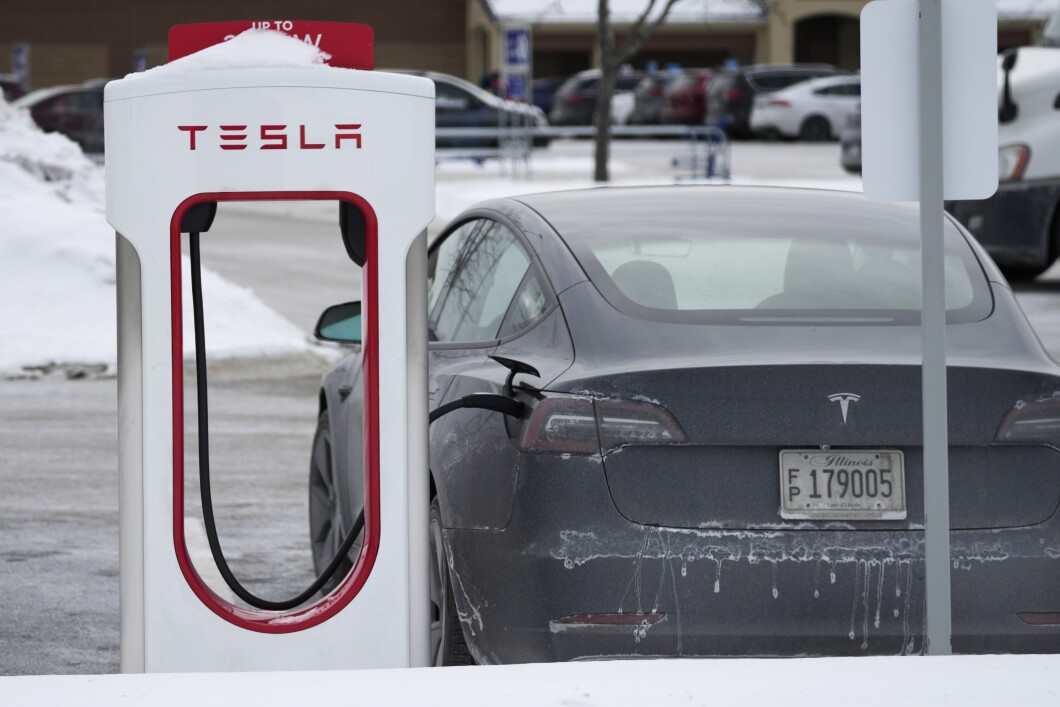
There is a reason electric vehicle batteries, such as the ones in Tesla vehicles, have shorter lifespans during chilly weather, and it comes from electricity being their sole source of power.
Electric vehicle batteries, in addition to powering the vehicle, also have to heat the cabin of said vehicle, draining the battery’s power more quickly. Vehicles that are powered using gas can use the heat generated by their engines, whereas electric vehicles only have their battery power to heat their passengers, according to Business Insider.
SOCIAL SECURITY UPDATE: DIRECT PAYMENT WORTH $914 IN 19 DAYS

In addition to powering both the vehicle and warming its passengers, colder temperatures also impact an electric vehicle’s battery by slowing down its chemical and physical reactions.
Charging a battery for an electric vehicle in chilly weather can also be a hassle, as one Tesla owner, radio presenter Domenick Nati, described a time he attempted to charge his vehicle when it was 19 degrees outside but ended up only having his vehicle charged to 19 miles after 15 hours of charging. It can take up to three times as long to fully charge an electric vehicle’s battery in the cold when compared to warmer weather, according to the Idaho National Laboratory.
There are a couple of steps electric vehicle owners can take to help mitigate this issue, including putting one’s vehicle into eco-mode, which will help by directing the car’s power to where it is needed the most. Another step one can take is to cover one’s vehicle when parked, as doing so can help keep the car warmer.
CLICK HERE TO READ MORE FROM THE WASHINGTON EXAMINER
The issue of electric vehicles and their driving range has cropped up as a problem for many owners, with three Tesla owners in California suing Tesla in a proposed class-action lawsuit. The trio has accused Tesla of falsely advertising the estimated driving ranges of its vehicles, and their lawsuit alleges that the company breached vehicle warranties and engaged in fraud and unfair competition.
“Driving range on a single charge is undoubtedly a key feature that EV consumers rely on in the purchase decision,” Adam Edwards, an attorney representing the Tesla owners in the lawsuit, said in a statement. “Tesla’s decision to create a team to divert range-related complaints and cancel service appointments is unacceptable. Put simply, Tesla has a duty to deliver a product that performs as advertised.”




